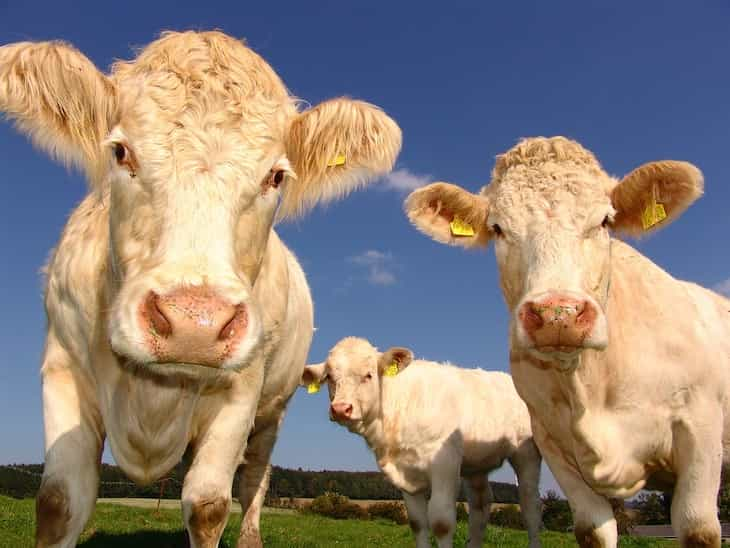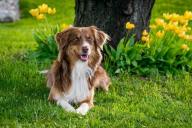While lots of people understand that pets can have social bonds and friendships, they don't fully understand that other animals might experience it too.
For example, cows are extremely social creatures who can have social bonds and friendships!
Let's find out more about them.

Herd Structure
Cows thrive in herds where they establish close-knit relationships with fellow herd members.
These social structures provide them with a sense of security and companionship.
Communication
Within the herd, cows communicate with each other through various vocalizations, body language, and behaviors.
This communication helps them convey emotions, share information about their surroundings, and maintain group cohesion.
Grooming Behavior
Cows engage in grooming behaviors as a form of social bonding.
They may use their tongues to clean each other's coats, fostering a sense of trust and camaraderie within the herd.
Resource Sharing
Being social allows cows to share resources such as grazing areas, water sources, and shade.
This collaborative behavior ensures that all members of the herd have access to essential elements for their well-being.
Best Friends in the Herd
Cows often form strong bonds with specific individuals within the herd.
These can be considered as "best friends" or preferred companions.
This close connection provides emotional support and companionship.
Playful Interactions
In social settings, cows exhibit playful behaviors, such as running, chasing, and sometimes engaging in friendly sparring.
These activities contribute to their mental stimulation and physical health.
Resting Together
Cows prefer to rest in close proximity to each other.
You may observe them lying down or standing together, demonstrating their comfort and trust in the presence of their herd members.
Previously, we talked about the signs of dog's disrespect.












